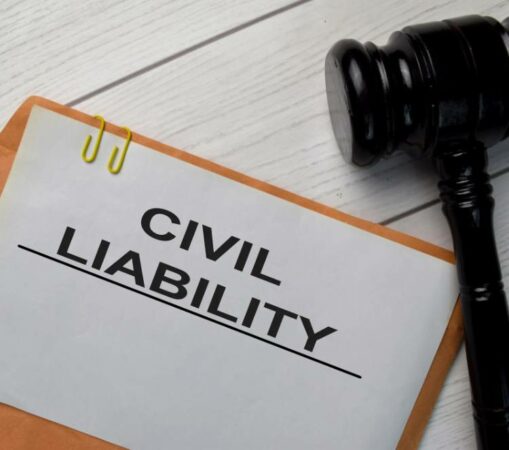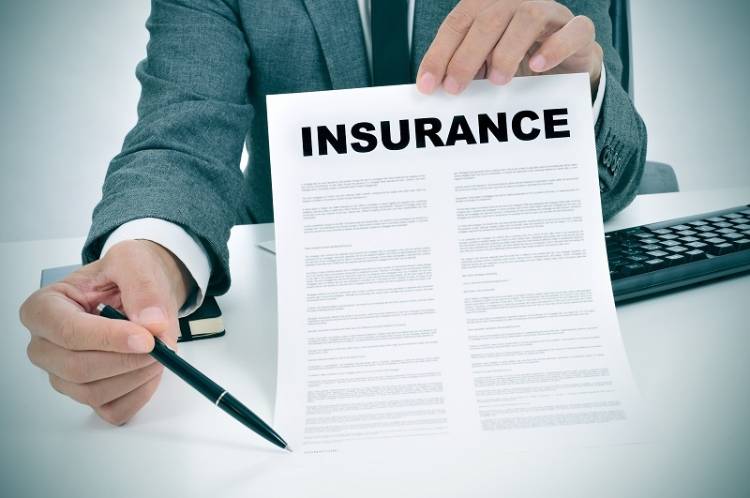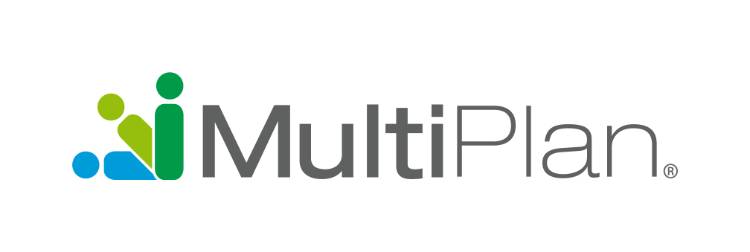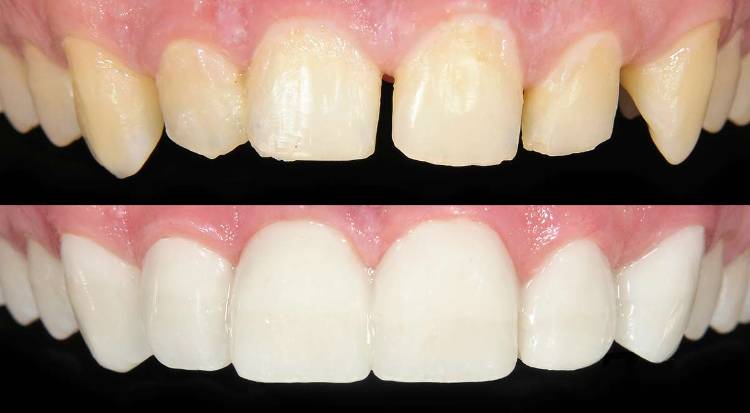
You may be unable to go to work due to serious illness or injury. Whether your absence is temporary or permanent, there are schemes referred to as permanent health insurance (PHI) that allow you to receive income during this condition.
Any employee who pays income continuance plans may claim the benefits when they are no longer available for work. These benefits may be your only source of income when you are sick or have exhausted, making it an essential thing to notice for employees.
What is Permanent Health Insurance?

Permanent health insurance refers to a contractual benefit that provides employees with income when they are unable to work or become permanently disabled due to injury or sickness. It has several different names like income protection, salary continuance, and long-term disability.
Employers commonly choose an insurer to cover the risk. They have a policy of insurance that provides a replacement income when an employee becomes incapable of work. An eligible employee will get their income after filing a claim.
How to be qualified for income protection? There is no definitive answer to this as it heavily depends on the insurance policy. The most common requirement is that you have been sick for a certain period, usually 6 months. Besides, your employer should provide an application form for filing the claim.
If you meet the medical criteria and are considered eligible, you will receive a fixed percentage of your earnings, which is somewhere between 50 percent and 75 percent for a specific period depending on the policy. That can be until you can return to work, you pass away, or until retirement age.
How to Claim PHI Benefits
Depending on your insurer, claiming group income protection insurance can be done in a few simple steps. All you have to do is to contact your insurer and employer, fill out the form, and wait for the result. But in some cases, you have to put some extra effort into this claim.
1. Contact the Employer and Insurer

As soon as you suffer from serious injury or illness, you can claim permanent health insurance benefits by contacting your employer and insurer. You will receive the paperwork that should be submitted to claim the benefit.
2. Fill out the Claim Form

After contacting your employer and insurance company, fill out the income protection report. Submit the report along with a statement from your doctor, tax form, income replacement report, pay history for the last 12 months, your leave information, and proof of age.
3. Wait for the Result

Once everything is completed, send the documentation to your insurer. The claim is typically assessed when your policy ends. It depends on the waiting period you have chosen previously ranging from 30 to 180 days or more.
Please note that there are time limits to lodge income protection claims. It is usually 6 months from the time you become injured, so make sure you file claims immediately.
Frequently Asked Questions

Is there a maximum benefit of group income protection?
Yes. Each insurance company has different limits to the proportion of your earnings that can be claimed in case you become unavailable for work. While some insurers apply a limit between 50 percent and 70 percent, some companies offer a higher limit of up to 80 percent of your gross salary.
An employee who has multiple income protections is unlikely to get permanent health insurance benefits that exceed the limit. This means one of your claims will be reduced to meet the limit.
How to know if I have the benefit?
Not all employers offer PHI benefits to their workers. To make sure you have the benefit, please check your employee handbook or contract where the benefits are potentially mentioned. Alternatively, you can contact your employers directly.
Knowing the terms of your insurance becomes crucial as it lets you know your entitlement depending on the insurance policies. Although many policies are similar, getting to know what your insurance policy says makes everything clearer.
What if the insurance company refuses to provide the benefits?
Group income protection is commonly funded by the employer that cooperates with a third-party insurance company. The contract is between the insurer and your employer, not you as the employee. When you become unable to work, your employer usually submits the claim on your behalf.
In case the insurance company refuses to provide the benefit, you have a right to take legal action. You can also make a report to the Financial Ombudsman Service which will review your case and take the best decision.
What to do if you lose your group income protection?
For whatever reason, your employer may dismiss you so you are not eligible for permanent health insurance benefits. If this unfortunate event occurs, you can claim compensation by taking legal action. This is your only option to recover the loss of the benefit.
You may hire a legal specialist or a lawyer to help you get through the process. Besides, you can also complain to the Financial Ombudsman Service in your state.
Do PHI policies cover mental health?
Income protection covers eligible individuals who are not capable of working due to mental and physical illness. Those who suffer from mental health problems and are incapable of going to work can get a salary continuance as long as their documentation is completed.
But still, there are time limits to claim your benefit. Soon after you are diagnosed with health problems, it is important to take advice.
What happens if your claim is accepted?
If the insurance company accepts your income protection claim, you will get a monthly benefit that is worth up to 70 percent of your gross earnings or less depending on the policy. The benefit will be transferred to your bank account within 1 month after your waiting period ends.
The insurer will review your claim every month to determine your eligibility. Be sure to provide a GP’s report and periodic medical examinations.
Permanent health insurance may be your only source of income when you are unavailable for work due to serious illness or injury. Not all employers provide this service, so check with your organization for the availability of income protection plan.
Also Read:









